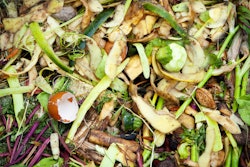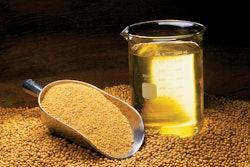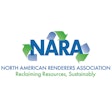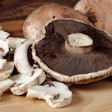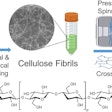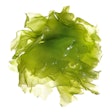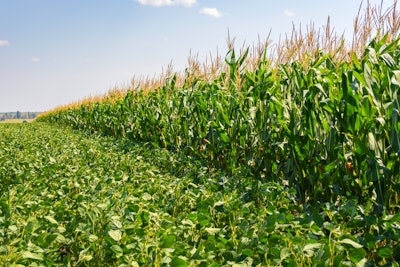
A new publication from the University of Tennessee Institute of Agriculture could simplify the use of poultry litter as a crop fertilizer.
Poultry litter is a convenient and inexpensive fertilizer source for many farmers. Research has shown that poultry litter is just as effective as synthetic fertilizers when it comes to fertilizing crops.
“We’ve done a lot of agronomic work with litter as an alternative fertilizer, substituting it for commercial or chemical fertilizers that contain nitrogen, phosphorus, potassium, sometimes sulfur and other micronutrients like boron, copper and zinc,” said Shawn Hawkins, a professor in the Department of Biosystems Engineering and Soil Science (BESS), University of Tennessee Institute of Agriculture.
However, many crop farmers now look for fertilizer that contains specific nutrients that their crops need. Litter Land Application Management provides tips and information on management systems to help poultry producers maximize the value of litter as a fertilizer while minimizing the cost of commercial fertilizer.
Hawkins, alongside Forbes Walker, who is also a professor in the Department of Biosystems Engineering and Soil Science (BESS), University of Tennessee Institute of Agriculture, is currently working to develop best practices for using poultry litter to fertilize soybean, corn and wheat.
“There are a lot of new words appearing like agriculture, like the circular bioeconomy,” Forbes explained. “The farmers have been doing this for generations.”
Hawkins and Walker were recently recognized with the 2023 Governor’s Environmental Stewardship Award for Environmental Education and Outreach for their work at the University of Tennessee Institute of Agriculture in creating the publication.
The Governor’s Environmental Stewardship Awards program, started in 1986, recognizes “exceptional voluntary actions that improve or protect the environment and natural resources with projects or initiatives not required by law or regulation,” according to the Tennessee Department of Environment and Conservation.



